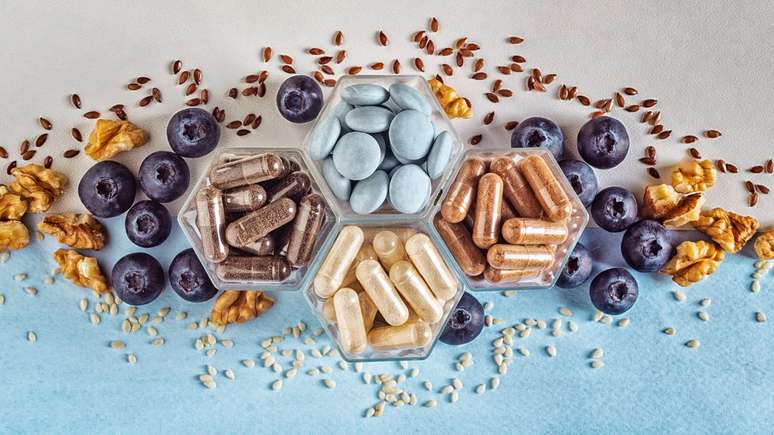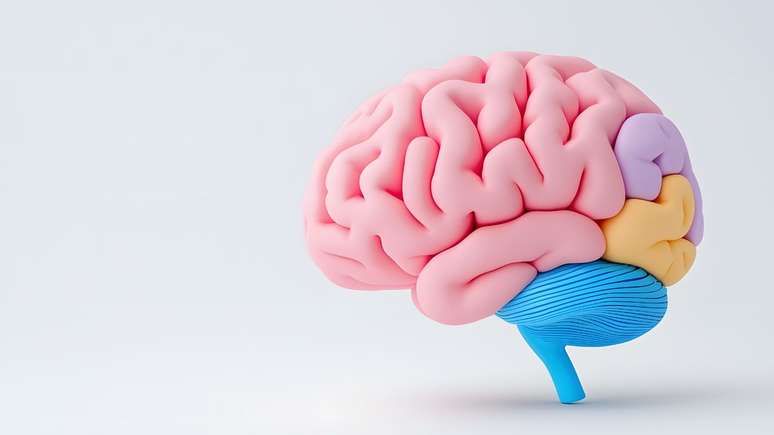Understanding the factors that influence bioavailability of supplements and drugs allows you to optimize the absorption of substances by the body, making the treatment really valid
Today it is rare to find those who do not use any supplement – from vitamin A to zinc – or even sports supplements such as whey and creatine. They are already part of our daily life. The vast majority they use know – or at least it should know what the chosen supplement is for, but the rarity is the one who tries to know of his bioavailability.
What is bioavailability?
Bioavailability is the speed with which a substance reaches blood flow. That is, the amount of nutrients and compounds that become truly available to be used and perform their functions in our body. It is influenced by several factors. For example, the interaction between compounds and food, the pharmaceutical form of choice and the health of individuals.
What influences bioavailability?
Understanding the factors that influence bioavailability of supplements and drugs allows you to optimize the absorption of substances by the body, making the treatment really valid. In today’s publication, we are talking about the interaction of food supplements and which strategies can be adopted so that the use of your supplement is truly positive!
What not to do?
We begin to know that the presence of food and liquids in the gastrointestinal tract changes the pH of the digestive system. This can change the disintegration of capsules, dragees or compressed, influencing the absorption of the active ingredient and, consequently, the bioavailability of medicine and your supplement. Food intake can stimulate the release of digestive secretions which – through hydrolysis and the breakdown of chemical bonds – can inactivate some supplements and drugs. You should also avoid drinking with food. In this way, the acidity of the stomach is influenced, especially for those medicines and supplements that must be ingested with meals. Because if the dosage is next to meals, it is meant that this supplement/medicine needs greater acidity of the stomach to be digested.
What are the benefits and dangers of mixing?
The activities of a formulation can combine in ways that favor the absorption and benefits of each. However, in some cases, they can interfere with each other, decreasing the absorption by the body. I will show some examples:
Vitamin C and iron
The combination of iron and vitamin C, iron is an essential mineral for the maintenance of health, being involved in the transport of oxygen in all the tissues of the body. If associated with vitamin C, iron remains in the ferrous state and forms the most soluble iron jelly. Therefore, it has better absorption, so because the feijoada always comes well with that orange to accompany. On the other hand, it is important to note that high doses of vitamin C can, in some cases, interfere with the effectiveness of other supplements, such as some antioxidants. Therefore, it is wise to balance the intake of vitamin C, especially if you use a combination of supplements.
Iron and football
On the other hand, iron can be inhibited from calcium, often present in milk and calcium supplements. This is particularly important for people with iron or risk, such as pregnant women and vegetarians. To maximize iron absorption, it is advisable to avoid the ingestion of milk and calcium supplements together with iron rich foods, such as red meat, legumes and dark vegetable leaves.
Curuma and black pepper
Turmeric, another supplement that was known for the famous “strokes of immunity”. It has an antioxidant, anti -inflammatory and hepatoprotective action. Curcumin is its main resource, this, in turn, is a lipophilic molecule that can have a low bioavailability through the oral path due to the rapid liver and intestinal metabolism. This makes it little used by the body.
On the other hand, there is Piperin, one of the bioactive compounds of black pepper. It presents the property of the inhibition of liver and intestinal glucuronidation. So, if combined with curcumin, it significantly increases the permanence time of this compound in the body. More specifically, the value increases up to 2000% of its bioavailability, is it aware?! So the tip is when you take your turmeric stroke, put a little black pepper there. Or, when manipulating turmeric capsules, consult your health professional if you can add Piperin to the formulation.
Caffeine and magnesium
Caffeine, present in our daily coffee, tea and some energy drinks, can reduce the absorption of magnesium. Magnesium is essential for various body functions, including regulation of muscle and nervous function. For those who take magnesium supplements, it is advisable to moderate the intake of caffeine to ensure better absorption.
Eye on coffee
In fact, coffee deserves special attention in the context of the absorption of medicines. It can interfere with the absorption, distribution, metabolism and excretion phases of various drugs. Coffee has substances in its composition, such as caffeine and chlorogenic acid, which can influence the activity of the enzymes of the cytochrome P450, responsible for the metabolization of many drugs. This interference can cause the most slow or rapidly metabolized medicines, with consequent variations in blood concentrations, which can increase or reduce the effectiveness of a medicine, but the interaction of food medicines is subject to another post.
Vitamins
Supplements containing fat soluble vitamins such as A, D and K are better absorbed when consumed in combination with sources of fat. This means that a small snack that includes avocado or a meal that contains olive oil can improve the benefits of these supplements. Ignoring this combination can lead to bad essential absorption vitamins.
Alcoholic interference
Nor could it not mention what everyone already knows, excessive alcohol consumption can interfere with the effectiveness of various supplements, influencing the absorption of nutrients and the health of the liver. For example, alcohol can compromise the use of essential fatty acids and interfere with the absorption of vitamins B.
Milk serum protein
As for the milk serum protein, so consumed, we should take into consideration some considerations, because although the serum protein derives from milk, the combination with other dairy products -caseari containing casein, slows down their digestion. This does not mean that you should completely avoid dairy products, but considers the ingestion between different forms of protein.
Meals that contain large quantities of fat can also slow down gastric emptying, which may and dairy products delay the absorption of serum proteins. It is therefore advisable to consume it with low -fat foods for better absorption.
In addition to these studies, they suggest that caffeine can increase the body’s ability to use amino acids, but at high doses, it can also induce a light diuresis, which can affect hydration and, consequently, the effectiveness of amino acids in some situations.
I think it was clear how carefully the planning of meals can improve the effects of supplements and avoid possible negative interference. Always consult your health professional and keep a balanced approach to the diet, they are essential passages to maximize the results of your supplements and promote a healthy lifestyle! Health!
Source: Terra
Ben Stock is a lifestyle journalist and author at Gossipify. He writes about topics such as health, wellness, travel, food and home decor. He provides practical advice and inspiration to improve well-being, keeps readers up to date with latest lifestyle news and trends, known for his engaging writing style, in-depth analysis and unique perspectives.





![Here it all begins in advance: Carla discovers her true colors!… What awaits you in the week of October 27 – October 31, 2025 [SPOILERS] Here it all begins in advance: Carla discovers her true colors!… What awaits you in the week of October 27 – October 31, 2025 [SPOILERS]](https://fr.web.img4.acsta.net/img/1a/c9/1ac9c60c3279849c2babe78e208ce4ff.jpg)


